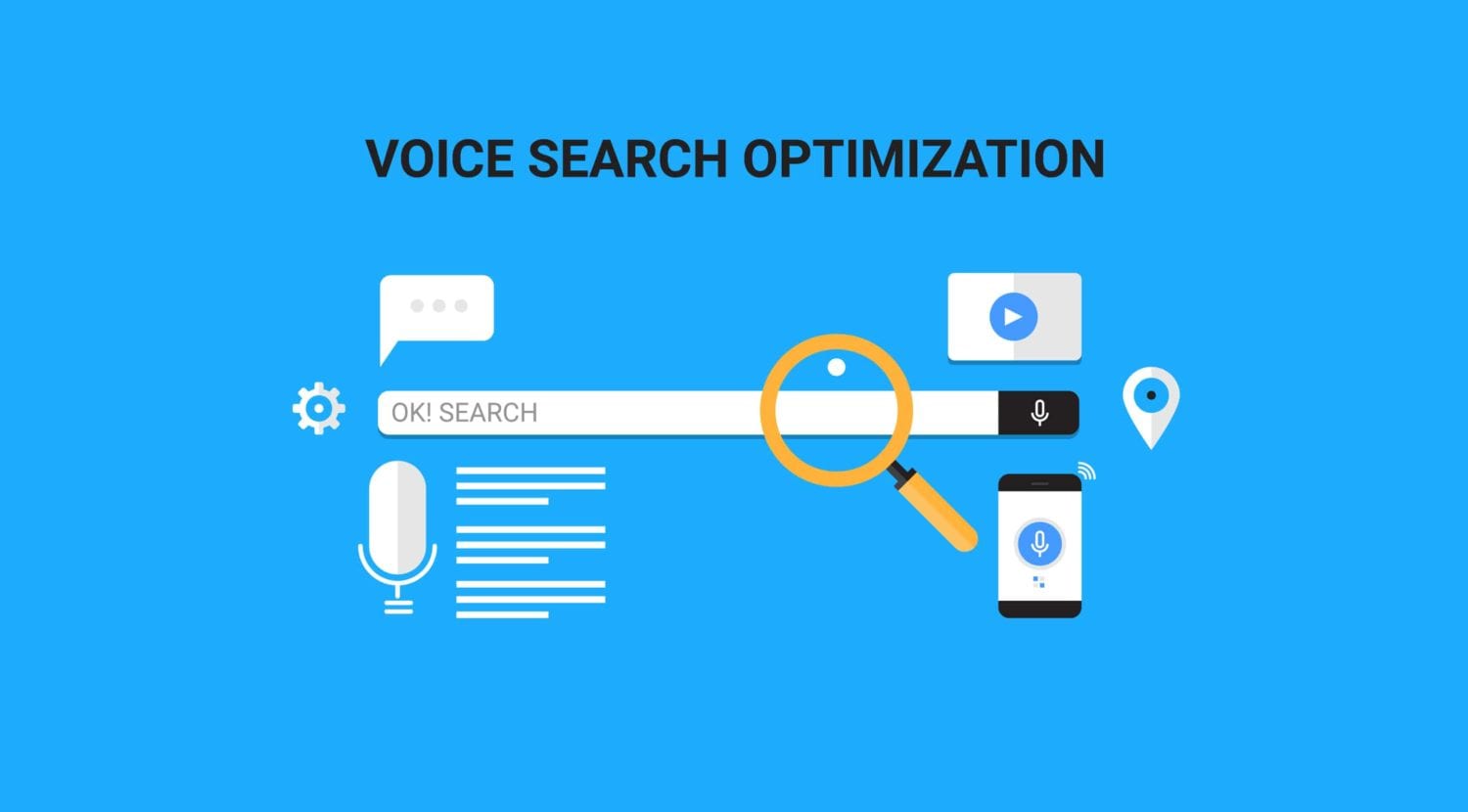
Once you’ve decided to bring your RV Park into the digital space, there are several things that you must consider. Your campground website is the face of your park and often one of the first things people see when they are looking for a place to stay in your area. One of the most overlooked but essential parts of a website is the privacy policy.
A well-written policy is vital to the design of any campground website. There are numerous privacy laws that companies operating a website must be aware of and follow, and privacy policies are one way a company can stay compliant with these laws. These policies also offer potential customers peace of mind when they browse your campground website. Online privacy is a big topic in the news, and your potential customers likely keep their privacy in mind when browsing online. With a clear and concise policy, you can make sure any potential customers browsing your campground website will feel secure in knowing that their personal information and privacy is protected.
What is a Privacy Policy?
Privacy policies are documents that explain how your campground uses the information it collects from the people utilizing your services or visiting your website.
Most websites provide a clearly labeled policy for everyone that visits the website. While these policies help to establish trust between your company and the people that may browse your website, there is still much debate on whether or not privacy policies are legal, binding contracts. The Federal Trade Commission in the United States usually doesn’t consider a data breach legally actionable unless the breach is connected to a loss of money. Other governing bodies, such as the European Union’s Data Protection Directive, are much more strict and have gone after companies that change their privacy policies in ways that are contrary to laws passed by the European Union.
Do you Need a Privacy Policy?
Now that you have a better understanding of what these policies are, you may be wondering if your campground website needs one. The answer to this question is yes.
Many campground owners have no idea they even need a privacy policy and those who do often consider skipping one. It’s hard to find information about what to include in these policies, and the information is often contradictory. Crafting a policy for your website can be a daunting task, but it is a task that you must undertake if you wish to have a professional and trustworthy website. Specific laws also require you to have a visible policy in place on your website.
What Should You Include in Your Privacy Policies?
Figuring out what to include in a privacy policy can be confusing, but there is an underlying framework that most of these policies follow. Using this framework to draft your policy will be a good starting point and will help you to create a well-written policy that makes your potential guests more willing to engage with your website and campground.
The first thing your policy needs to address is the types of information you will be collecting. In order to stay in good legal standing when it comes to privacy laws, make sure that you explicitly list every single type of information your website gathers. This includes things like Google Analytics which almost every business already uses.
Your policy must also outline the ways in which this information is gathered. Does your site use cookies that collect browsing information? Do you use third-party merchant services that collect their own data? All of these different ways of data collection should be clearly spelled out in your site’s policy.
Another important aspect your policy must touch on is how you store the information you have gathered and who has access to the data. The people browsing your website want to feel safe, and reassuring them that their information will be safe and secure gives them the peace of mind they need to share their information with you fully.
You should also detail the ways in which you use the information you gather. Do you sell it to third parties? How long do you store the data? These are all important questions people may have while reading your policy.
The European Union has passed legislation called the General Data Protection Regulation (GDPR). The GDPR goes into effect in May of 2018, and any company that has a web presence should follow the basic GDPR framework when it comes to drafting their privacy policies in order to make sure EU privacy laws are followed. To make sure you are in accordance with the GDPR, your policy needs to include information on who is collecting the data, a list of all data being collected, the legal basis for processing the data, a list of third parties the data will be shared with, how the information will be used, how long the data will be stored for, the rights the data subject have, and the ways in which the data subject can raise a complaint.
Why do you need to worry about a European privacy law when your campground is located in the United States? The way the GDPR is worded includes protections for any EU citizens who are browsing your campground website from their home located inside the European Union. How they might go about enforcing penalties in the United States for violations is not clear, nor is what exactly needs to be done to avoid a violation when you are not advertising to EU citizens. Taking a proactive approach to this problem will ensure that you have nothing to worry about, though, and that you stay ahead of other laws that may be passed in the future.
Finally, you want to make sure your policy covers any third-party data collection that may occur. For instance, EU privacy laws have determined that if your site uses Google Analytics, then you must include this information in your policy. The reason for this is that Google Analytics utilizes a tracking cookie to collect information for ad targeting. Google also requires any person who uses Google Analytics to have a policy in place. Also, keep in mind that opting into the extra data collection from Google Analytics to track things like age and gender requires you to have a privacy policy as well. This is a requirement from Google itself for all businesses.
Privacy Policies are an important part of any website. If you have trouble creating your website’s policy, following this simple framework will make sure you are providing your customers with the information they need. It will also make sure your website exists in accordance with privacy laws from around the world.




